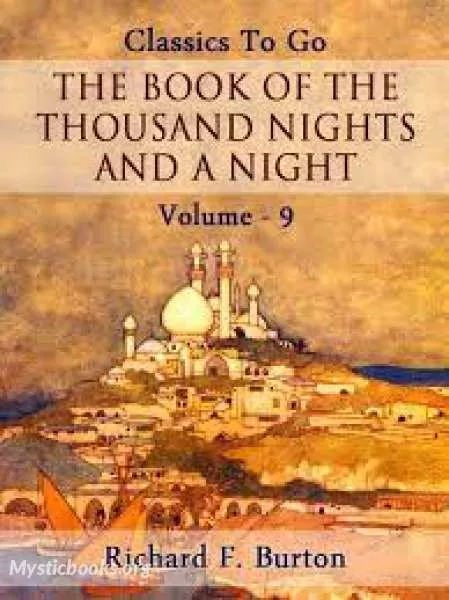
The Book of the Thousand Nights and a Night (Arabian Nights) Volume 09
'The Book of the Thousand Nights and a Night (Arabian Nights) Volume 09' Summary
The main frame story concerns Shahryār (Persian: شهريار, from Middle Persian: šahr-dār, 'holder of realm'), whom the narrator calls a "Sasanian king" ruling in "India and China." Shahryār is shocked to learn that his brother's wife is unfaithful. Discovering that his own wife's infidelity has been even more flagrant, he has her killed. In his bitterness and grief, he decides that all women are the same. Shahryār begins to marry a succession of virgins only to execute each one the next morning, before she has a chance to dishonour him.
Eventually the Vizier (Wazir), whose duty it is to provide them, cannot find any more virgins. Scheherazade (Persian: شهْرزاد, Shahrazād, from Middle Persian: شهر, čehr, 'lineage' + ازاد, āzād, 'noble'), the vizier's daughter, offers herself as the next bride and her father reluctantly agrees. On the night of their marriage, Scheherazade begins to tell the king a tale, but does not end it. The king, curious about how the story ends, is thus forced to postpone her execution in order to hear the conclusion. The next night, as soon as she finishes the tale, she begins another one, and the king, eager to hear the conclusion of that tale as well, postpones her execution once again. This goes on for one thousand and one nights, hence the name.
The tales vary widely: they include historical tales, love stories, tragedies, comedies, poems, burlesques, and various forms of erotica. Numerous stories depict jinn, ghouls, apes, sorcerers, magicians, and legendary places, which are often intermingled with real people and geography, not always rationally. Common protagonists include the historical Abbasid caliph Harun al-Rashid, his Grand Vizier, Jafar al-Barmaki, and the famous poet Abu Nuwas, despite the fact that these figures lived some 200 years after the fall of the Sassanid Empire, in which the frame tale of Scheherazade is set. Sometimes a character in Scheherazade's tale will begin telling other characters a story of his own, and that story may have another one told within it, resulting in a richly layered narrative texture.
Different versions differ, at least in detail, as to final endings (in some Scheherazade asks for a pardon, in some the king sees their children and decides not to execute his wife, in some other things happen that make the king distracted) but they all end with the king giving his wife a pardon and sparing her life.
The narrator's standards for what constitutes a cliffhanger seem broader than in modern literature. While in many cases a story is cut off with the hero in danger of losing their life or another kind of deep trouble, in some parts of the full text Scheherazade stops her narration in the middle of an exposition of abstract philosophical principles or complex points of Islamic philosophy, and in one case during a detailed description of human anatomy according to Galen—and in all of these cases she turns out to be justified in her belief that the king's curiosity about the sequel would buy her another day of life.
Book Details
Authors
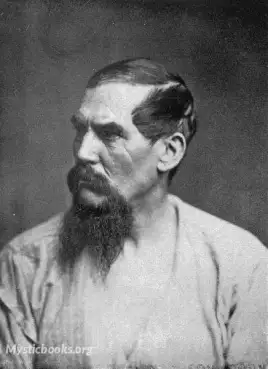
Richard Francis Burton
England
Sir Richard Francis Burton was a British explorer, scholar and soldier. He was famed for his travels and explorations in Asia, Africa, and the Americas, as well as his extraordinary knowledge of langu...
Books by Richard Francis BurtonDownload eBooks
Listen/Download Audiobook
- Select Speed
Related books

South African Folk-Tales by James A. Honeÿ
This collection of South African folktales offers a diverse array of stories from the rich oral tradition of the region. From the fables of the San pe...

Last Galley, Impressions and Tales by Sir Arthur Conan Doyle
This book presents a unique blend of historical insights and fictional narratives. The first half consists of short sketches portraying significant mo...

Serbian Fairy Tales by Anonymous
This collection of traditional Serbian fairy tales, translated by Elodie Mijatovich, offers a glimpse into the rich and vibrant folklore of Serbia. Th...
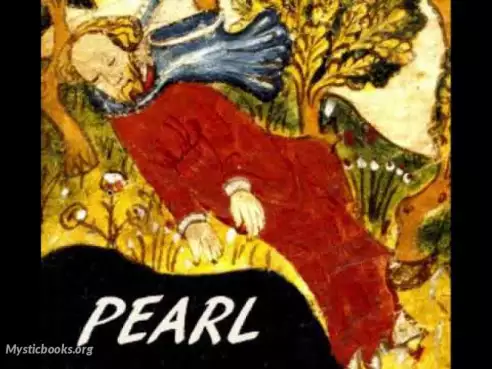
Pearl by The Gawain Poet
Pearl is a late 14th-century Middle English poem that is considered one of the most important surviving Middle English works. With elements of medieva...
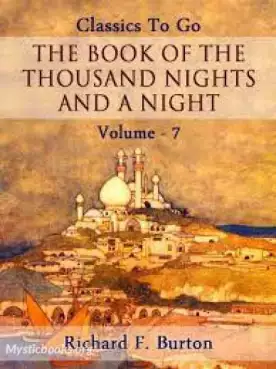
The Book of A Thousand Nights and a Night (Arabian Nights), Volume 07 by Richard Francis Burton
One Thousand and One Nights is a collection of Middle Eastern folk tales compiled in Arabic during the Islamic Golden Age. It is often known in Englis...

Leyendas históricas mexicanas by Heriberto Frías
¿Estás listo para un emocionante viaje a través de los recovecos ocultos de la historia mexicana? Prepárate para descubrir las leyendas que han dado f...
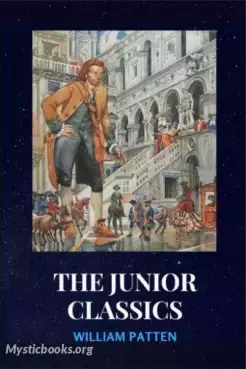
The Junior Classics Volume 3: Tales from Greece and Rome by William Patten
The purpose of The Junior Classics is to provide, in ten volumes containing about five thousand pages, a classified collection of tales, stories, and...
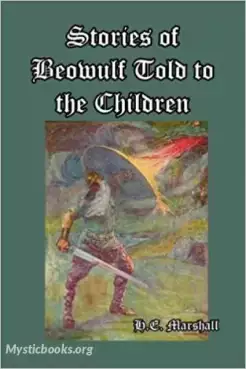
Stories of Beowulf Told to the Children by Henrietta Elizabeth Marshall
The brave warrior, Beowulf, comes to the aid of King Hrothgar when he hears that Grendel, a horrible monster, is terrorizing the inhabitants of Hart H...
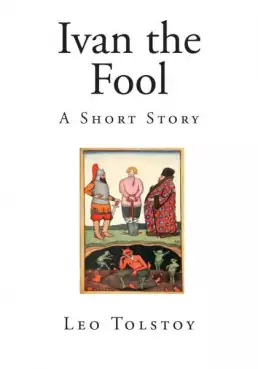
Ivan the Fool by Leo Tolstoy
"Ivan the Fool" (also known as "Ivan the Fool and his Two Brothers") is an 1886 short story (in fact, a literary fairy tale) by Leo Tolstoy, published...

Mopsa The Fairy by Jean Ingelow
Mopsa the Fairy, written in 1869 is one of her more enduring stories. It is a delightful fantasy about a young boy who discovers a nest of young fair...
Reviews for The Book of the Thousand Nights and a Night (Arabian Nights) Volume 09
No reviews posted or approved, yet...